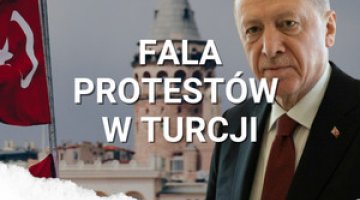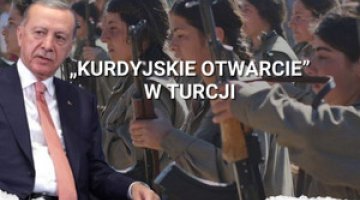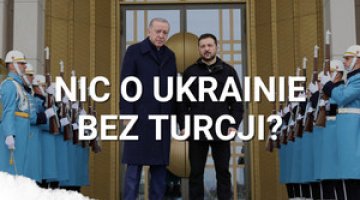Talks in Geneva: a Turkish-Saudi axis?
On 29th January peace talks between the Bashar al-Assad government and the Syrian opposition were launched in Geneva, under the patronage of the UN. They had been delayed due to lack of agreement regarding the composition of the opposition delegations. Ankara succeeded in blocking the participation of the Democratic Union Party (PYD) which represents Syrian Kurds (Russia had pushed for their participation in the talks). In parallel, the Turkish government has closely co-operated with Saudi Arabia over the participation of the High Negotiations Committee (HNC) in the talks. The HNC was set up in December 2015 in Riyadh and is composed of representatives of the Syrian National Council and radical parties such as Ahrar ash-Sham and Jaysh al-Islam, which Russia does not accept. After the Damascus Group, which is a front organisation linked to the Assad regime, the High Negotiations Committee is the major opposition force is taking part in the negotiations.
Commentary
- Ankara is cooperating with Saudi Arabia intensively in an attempt to create a counterbalance to the influences of Russia and Iran in Syria. Over the last month President Recep Tayyip Erdogan and Prime Minister Ahmet Davutoglu visited Riyadh. Davutoglu was accompanied by heads of Turkish ministry of foreign affairs and intelligence. The Turkish delegation encouraged members of the Syrian opposition resident in Riyadh to join the negotiations. They had threatened to boycott them if Damascus did not meet their demands (including halting air strikes, and releasing political prisoners). Joint efforts by Ankara and Riyadh above all have a political dimension – the two countries are the main supporters of the opposition which is taking part in the talks. Their ability to impact the situation in Syria remains limited.
- Turkey, by having a real impact on the composition of the delegations which are participating in the negotiations, has for the time being reversed a trend unfavourable to it in the solution of the conflict in Syria. In November 2015 the International Syria Support Group agreed a framework plan to resolve the conflict which did not take the Turkish demands into account. Those included the demand that a security zone should be built in Northern Syria and that Assad should remain temporarily in power. This led to a convergence between the positions held by the West and by Russia. For this reason Ankara intensified its co-operation with Riyadh. This resulted in political support for the HNC which was crucial in order to start the talks.
- The Kremlin was frustrated that the participation of the PYD in the negotiations had been blocked and that the radical opposition parties had become part of the HNC. The latest violation of Turkey’s airspace by a Russian aircraft (the first one since Turkey shot down the Russian Su-24 in November 2015) may be interpreted as a signal intended for Ankara. Turkey’s hostility towards the PYD (Ankara believes it to be a Syrian branch of the Kurdistan Workers’ Party, PKK) also complicates the situation for Washington. The US supports the PYD as the main force engaged in fighting Islamic State in Syria (this week an American envoy visited PYD militants). Washington’s genuine commitment to help the Kurds and Ankara’s measures to pushing the Kurds from the talks mean that the demands of the two parties are diverging. For this reason, swift agreement on this issue is quite unlikely, as is any real impact of the Geneva talks on the situation in Syria.




